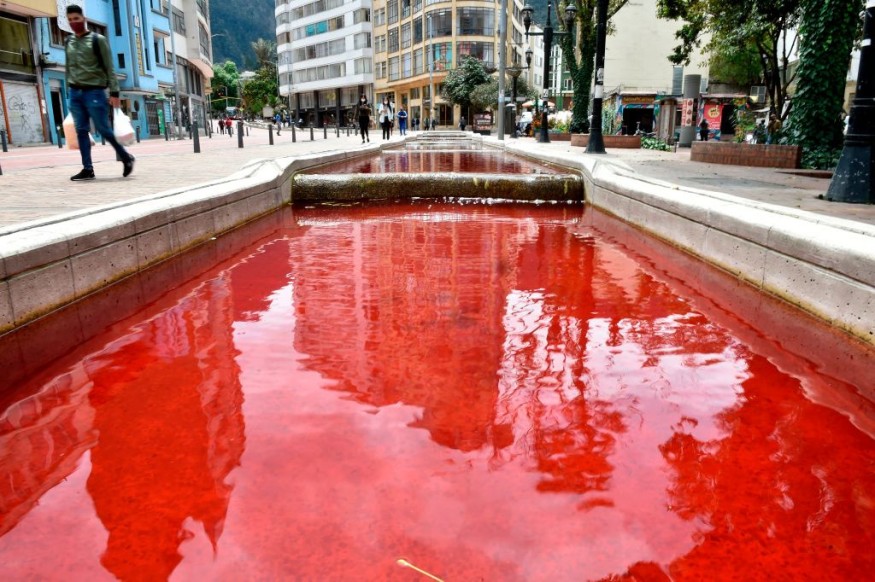Southwest Colombia's Massacres Increase Due to Drug Trafficking, Illegal Mining

The southwestern province of Valle del Cauca in Colombia witnessed the ninth massacre in the region after residents from the town of Tulua found the victims on Sunday, increasing the number of massacres in the region.
Increasing Number of Massacres in Colombia
The southwestern region of Colombia situated around the city of Cali has been one of the hardest hit by a surge in massacres in the country. The numbers that have been registered throughout the country have increased this year and it alarmed Colombian citizens.
According to Colombia Reports, the Defense Ministry of Colombia registered a 91% increase in massacres involving four or more individuals. The rising numbers were recorded between the months of January and July and were compared to the same period last year.
READ MORE: Instagram Warns Colombian Artist For Selling NFTs of Cocaine; Threatens To Delete Artist's Account
Reasons Behind Massacres in Colombia
Indepaz, a non-government organization that carries out long term projects in the pursuit of peace, 260 individuals were killed in 71 massacres of three and more people so far this year.
Based on the data provided by Indepaz, the surge in massacres was a result of the increasing violence in regions that have long been a strategic route for illegal activities. The region has been facing problems like drug trafficking and illegal mining.
The region of Valle del Cauca has historically been of major importance for drug cartels and illegal groups involved in moving cocaine and other illegal products from central Colombia to the country's Pacific coast in the west.
Indepaz said that FARC dissident organization CCO, organized crime group La Oficina de Envigado, and paramilitary group AGC are still active in Tulua. Even local drug traffickers are still operating in the area.
Since the mid-1990s, the region around Tulua became a major drug trafficking hub for cartels especially during the reign of the regional "Norte del Valle Cartel," which was one of Colombia's most powerful drug trafficking organizations in the country's history.
The Colombian cartel promoted the domestic production of cocaine instead of importing illicit drugs from other countries like Bolivia and Peru.
The rise in the domestic cocaine production in Colombia fueled the violence in the country between now-defunct guerrilla group FARC and the cartel's partner, now-defunct paramilitary organization AUC.
Despite the multiple strategies and announced plans to combat deadly violence and organized crime released by the government of Colombian President Ivan Duque, it came out without any results. Since he took office in 2018, Duque has been trying to implement numerous strategies related to drugs, but the numbers have been increasing.
Furthermore, authorities have been unable to prevent the recent increase in massacres and other deadly violence that are causing a surge in homicides that has not been seen by the country in more than a decade.
Based on the information of the Medical Examiner's Office, at least 8,566 were murdered between January and August. The number is 26% higher than the gathered data in the same period last year. It also has been the highest number since 2013.
Written By: Jess Smith
WATCH: Colombia: 43 massacres and 75 social leaders killed so far in 2021-TeleSUR English
Subscribe to Latin Post!
Sign up for our free newsletter for the Latest coverage!
© 2026 Latin Post. All rights reserved. Do not reproduce without permission.















